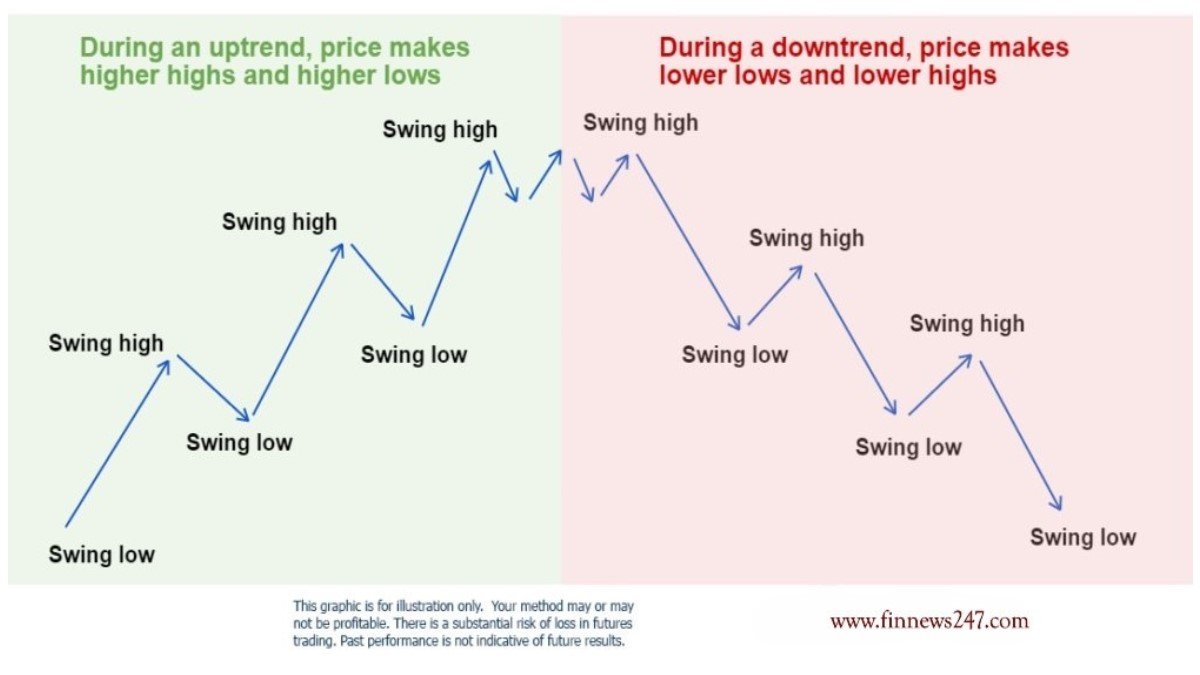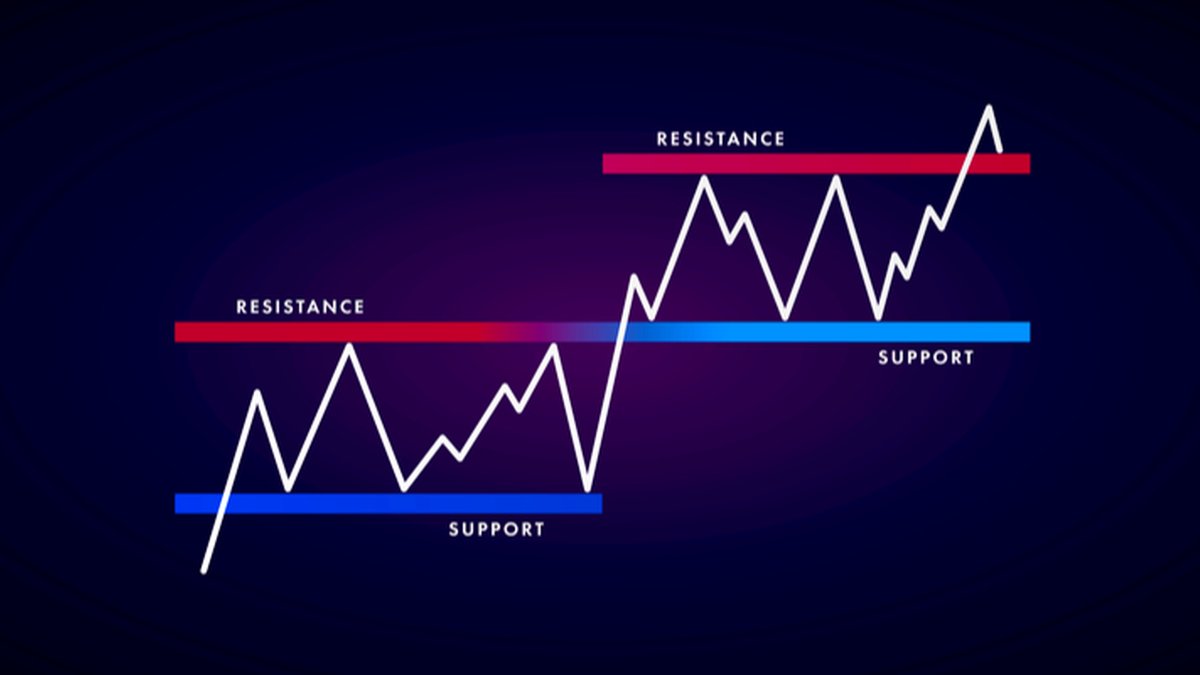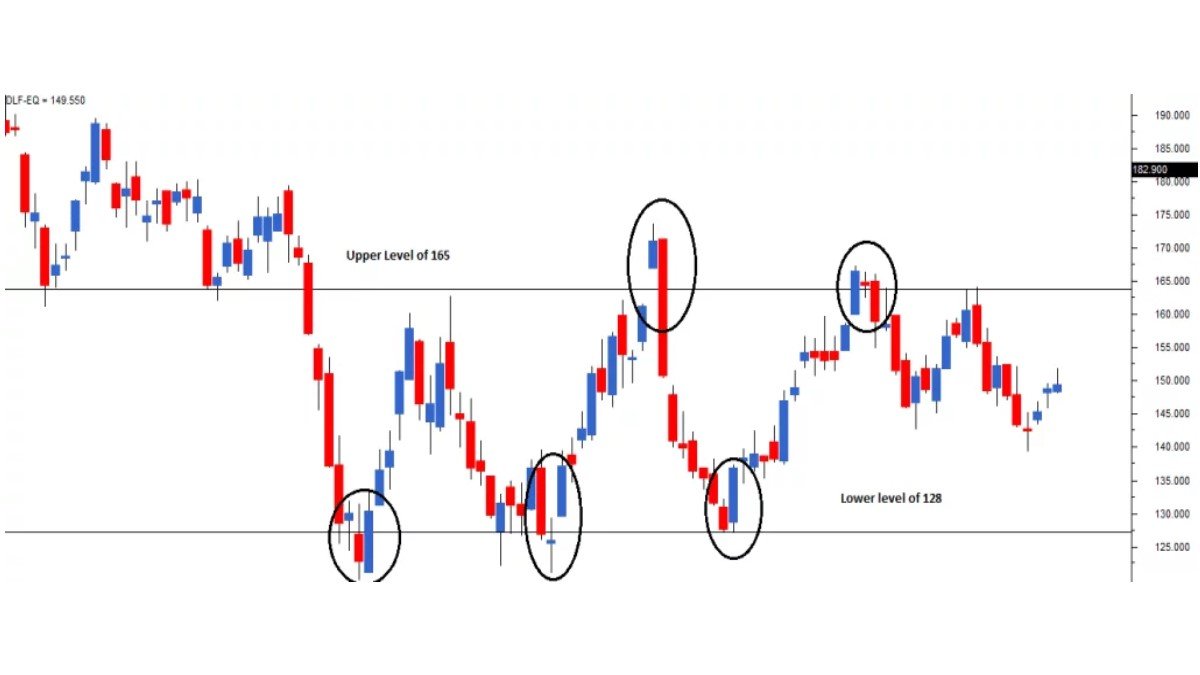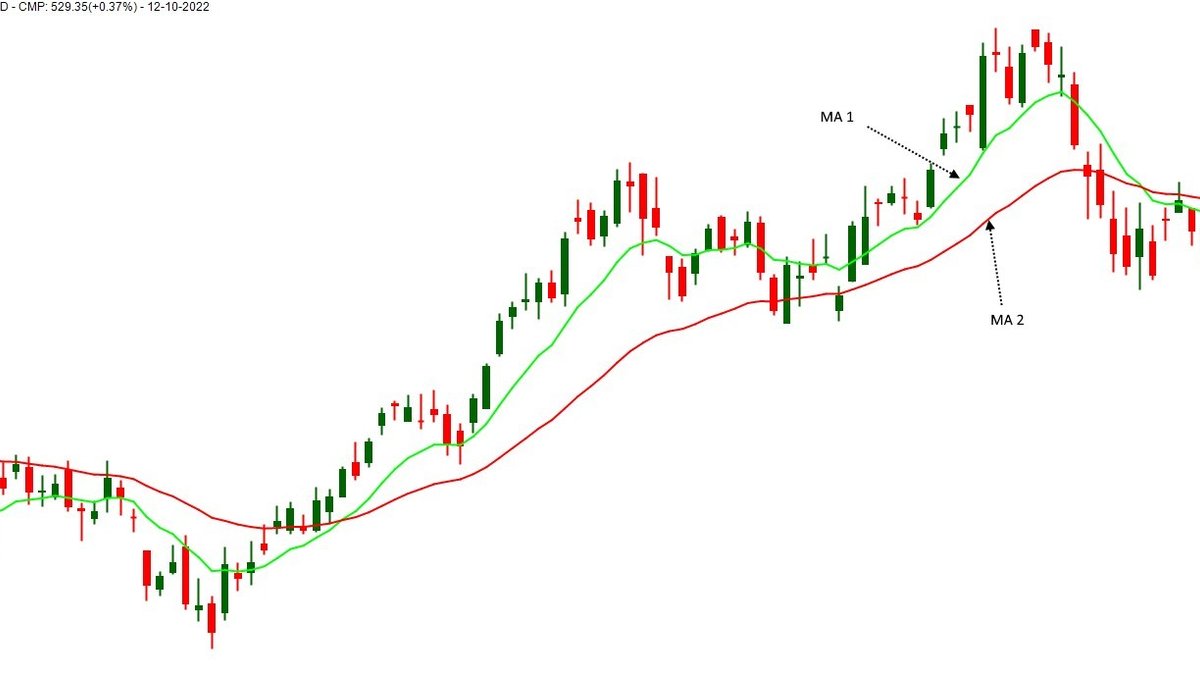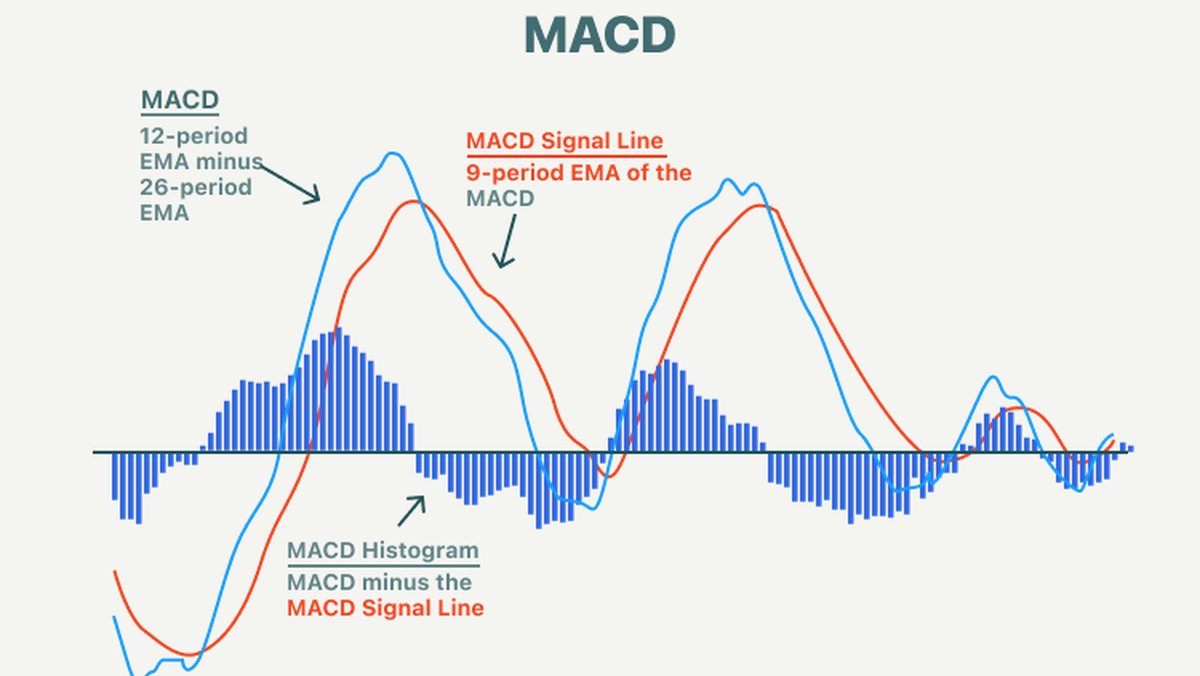Before investing in any cryptocurrency, it’s essential to conduct thorough research. This ensures you understand what you’re buying and reduces the risk of losses.
1. Read the Whitepaper
It outlines the project’s goals, technology, tokenomics, and roadmap. A clear, detailed whitepaper indicates serious intent.
2. Check the Team and Advisors
Look for transparent profiles with verifiable experience. Avoid anonymous teams with no track record.
3. Analyze Token Utility
Understand what the token does within the ecosystem. Tokens with strong use cases tend to hold value better.
4. Evaluate Community and Partnerships
Active communities and credible partnerships suggest real adoption and support.
5. Review Market Data
Check market cap, liquidity, and trading volume to gauge market confidence.
6. Identify Red Flags
Beware of vague promises, missing audits, and unrealistic goals.
Conclusion
Good research combines technical, fundamental, and community insights. The more you know, the better your investment decisions.
Further Reading
Apps & Wallets | Altcoin Analysis
Bottom Line: Signal Over Noise
Sustained outcomes in crypto belong to teams, platforms, and users who compound good process. Whether evaluating an exchange, a wallet, or a token listing, weigh security primitives, reliability under stress, and clear incentives. The strongest stories are those where users stay for utility, not just yield—because utility survives cycles.
Deep Dive: Context, Catalysts, and Friction
Behind every headline lies a stack of drivers: macro liquidity (real yields, dollar trend), micro structure (order book depth, market share rotation), and policy signals (regulation and exchange rules). When liquidity and breadth expand together, moves last longer; when they diverge, rallies exhaust faster. A useful habit is to separate narrative from mechanics and track what actually funds the next leg.
What to Watch
- Spot vs. Perps: Spot-led impulses age better than funding-fueled spikes.
- Basis & Skew: Persistent positive basis with calm skew often confirms sustained demand.
- Breadth: Leadership broadening beyond a few majors reduces fragility.



